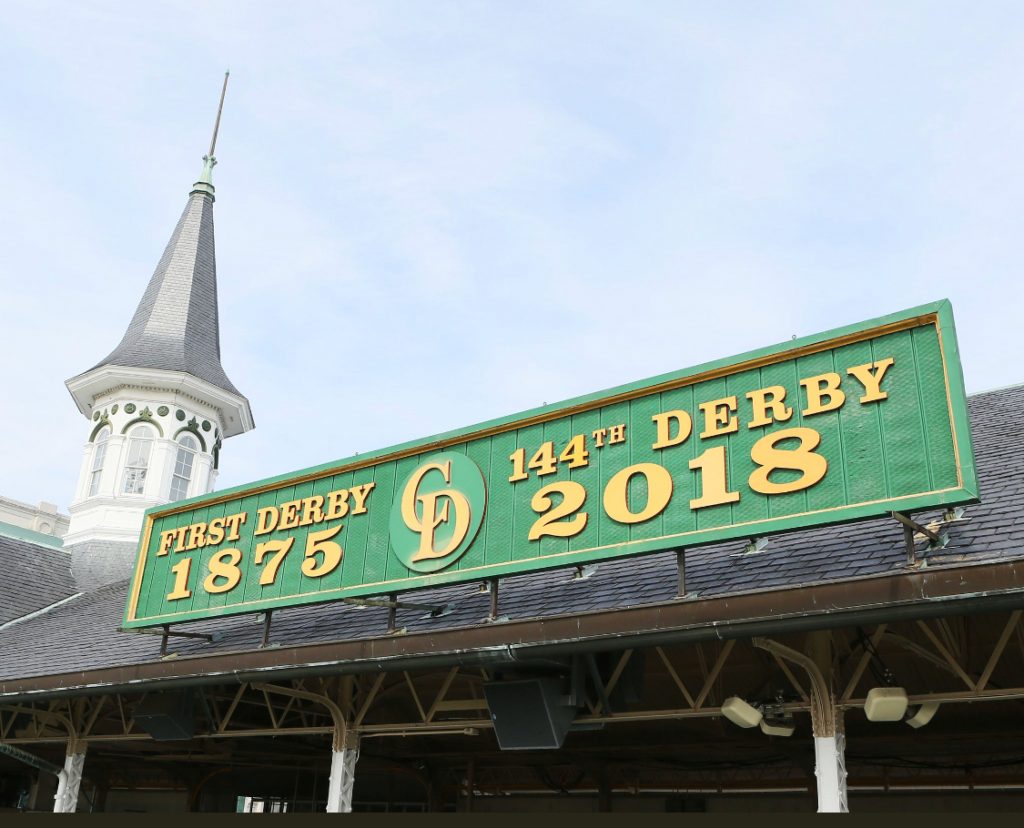
1919 – Sir Barton – Billy Kelly
By Nick Costa and Mary Dixon Reynolds
Much like the first Kentucky Derby in 1875, an owner’s pre-race strategy failed to materialize in this 45th renewal.
Owner J.K.L. Ross, a Canadian businessman and naval commander, had a passion for equines that began with owning a few riding horses. His enthusiasm eventually led him to thoroughbreds. In 1915, he established a breeding farm and a few years later, through his breeding operation and private acquisitions, he possessed a sizeable stable of notable and successful race horses.
One of which was named Billy Kelly, a gelding who Ross purchased in 1918 for a hefty sum of $27,500. A winner of 14 of 17 races that year, many of them stakes victories, including the marquee Sanford Stakes at Saratoga, earned the horse champion two-year old honors.
Another horse Ross bought, although for far less money, Sir Barton, was a complete contrast to his pricier stablemate. The colt was still a maiden and had been acquired as a two-year old following four non-descript starts.
Under his new owner, Sir Barton started two more times as a juvenile, finishing second in the Futurity at Belmont Park in his final race of the season, before ending the year on the sideline with an illness.
Despite his winless record, the following spring a healthy Sir Barton was entered in the Kentucky Derby, along with the much-heralded Billy Kelly, the horse Ross thought he was sure to win the race with.
The jockeys chosen to pilot the Ross pair were, Johnny Loftus for Sir Barton and Earl Sande getting the call on Billy Kelly.
As a maiden, Sir Barton’s appearance in the Derby surprised many racing pundits, but Ross had a plan for his lesser known runner. The primary mission of the chestnut colt was to carve out a fast pace in the hope it would tire out the highly regarded favorite, Eternal, and set it up for Ross’ star, Billy Kelly.
The Derby plan was working to perfection as Eternal chased after front-running Sir Barton and gave way after the three-quarter mark.
However, the second part of the plan went awry and never materialized as Sir Barton wasn’t running out of gas. Billy Kelly, not far behind throughout the race, then took up the chase after his stablemate and closed the gap to within a half-length lead nearing the three sixteenth pole. Sir Barton responded to the challenge with a tremendous burst of speed and drew off to win by five lengths.
Following his Kentucky Derby win, Sir Barton then won the Preakness and Belmont Stakes, thus becoming the first horse to win the three-race series that later would be recognized as thoroughbred racing’s Triple Crown.


